Life
Sign up for our newsletter
We summarize the week's scientific breakthroughs every Thursday.
-
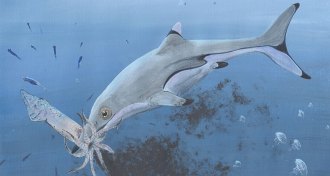 Paleontology
PaleontologyA baby ichthyosaur’s last meal revealed
A new look at an old fossil shows that some species of baby ichthyosaurs may have dined on squid.
-
 Paleontology
PaleontologyA baby ichthyosaur’s last meal revealed
A new look at an old fossil shows that some species of baby ichthyosaurs may have dined on squid.
-
 Life
LifeCracking the body clock code wins trio a Nobel Prize
Circadian clock researchers take home the Nobel Prize in physiology or medicine.
By Tina Hesman Saey and Aimee Cunningham -
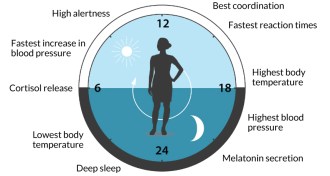 Life
LifeBody clock mechanics wins U.S. trio the Nobel Prize in physiology or medicine
The cellular mechanisms governing circadian rhythms was a Nobel Prize‒winning discover for three Americans.
-
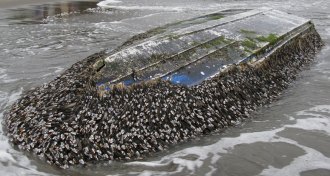 Oceans
OceansCastaway critters rafted to U.S. shores aboard Japan tsunami debris
Researchers report finding 289 living Japanese marine species that washed up on American shores on debris from the 2011 East Japan earthquake and tsunami.
-
 Genetics
GeneticsA mutation may explain the sudden rise in birth defects from Zika
A mutation in a protein that helps Zika exit cells may play a big role in microcephaly.
-
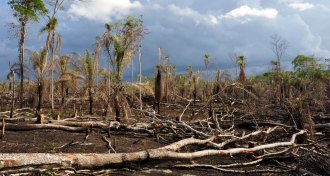 Climate
ClimateTropical forests have flipped from sponges to sources of carbon dioxide
Analyses of satellite images suggest that degraded forests now release more carbon than they store.
-
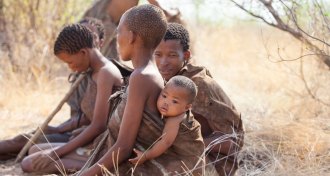 Genetics
GeneticsAncient boy’s DNA pushes back date of earliest humans
Genes from South African fossils suggest humans emerged close to 300,000 years ago.
By Bruce Bower -
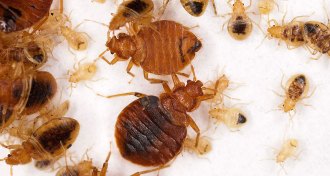 Animals
AnimalsBedbugs may be into dirty laundry
When humans aren’t around, bedbugs go for the next best thing: smelly human laundry.
-
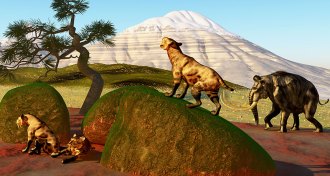 Paleontology
PaleontologySaber-toothed kittens were born armed to pounce
Even as babies, saber-toothed cats had not only oversized canine teeth but also unusually powerful forelimbs.
-
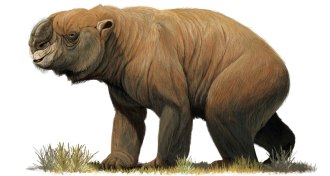 Paleontology
PaleontologyThis giant marsupial was a seasonal migrant
A new analysis suggests that Diprotodon optatum, a giant plant-eating marsupial that went extinct about 40,000 years ago, migrated long distances, much like today’s zebras and wildebeests.
-
 Paleontology
PaleontologyThis giant marsupial was a seasonal migrant
The giant, extinct marsupial Diprotodon optatum migrated seasonally, the first marsupial shown to do so.